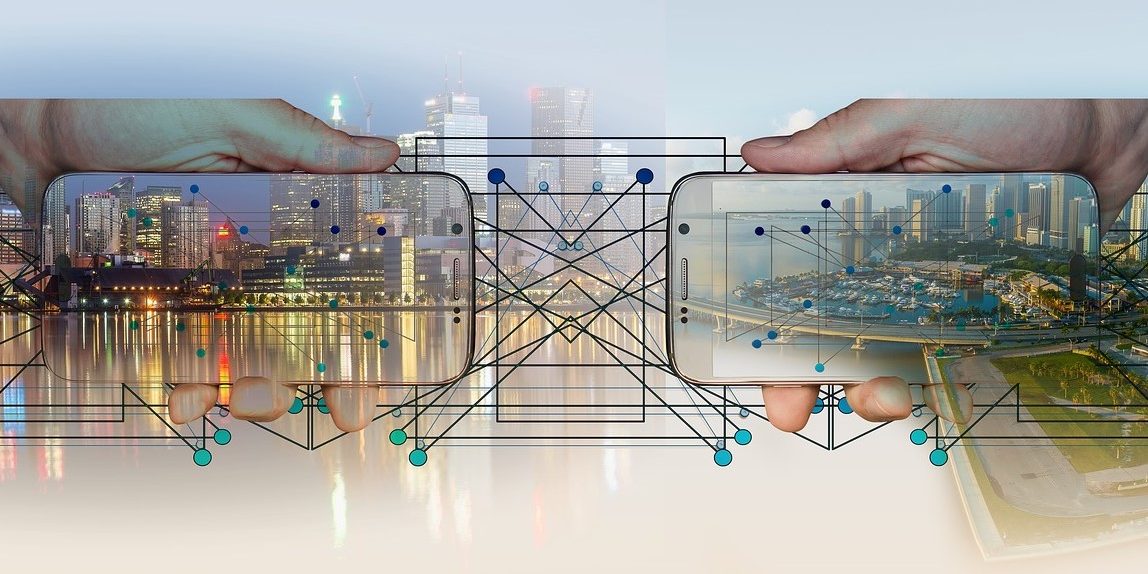Studies and handouts teach that we go through 3 Industrial Revolutions: The first happened with the invention of steam machines and assembly lines, in the second we began to use electricity and fossil fuels, and the third implemented the technology and the computerized systems. In a few years, the experts will study the period we now live in, Industry 4.0.
The expression is nothing more than another name for the 4th Industrial Revolution, with the combination of advanced production techniques and intelligent digital systems, generating autonomous technologies capable of communicating, analyzing and using data for the elaboration of actions Intelligent in the physical world. This technology creates products and services best suited to the needs and desires of the consumer, making with that efficiency does not need to be achieved at such a higher price.
The big difference between this and other industrial revolutions is that industry 4.0 aims to merge the physical, digital, virtual and biological world, creating a reality where the human being, not the machine, is the center of operations.
To be within the 4.0 standards, a company needs to adopt certain practices, which are:
- Interoperability: machines, devices and people communicate in the Cloud of Connection and Internet of Things (IoT), that is the digital interconnection of everyday objects with the internet;
- Decentralization: autonomous systems taking decisions and performing tasks alone;
- Technical assistance: digital systems analyzing information about the factory and suggesting solutions to problems and cyber-physical systems performing exhaustive or unsafe tasks in place of humans;
- Virtualization: systems that remotely track and monitor all factory processes;
- Real-time capability: specialized systems in instant data analysis for real-time decision making;
- Modularity: production adapted and divided into individual modules for greater flexibility and automation of processes.
In Brazil, the implementation of this model would bring numerous advantages, such as efficiency gains, reduction in maintenance costs and lower energy consumption. The Brazilian Agency for Industrial Development (ABDI) estimates that the Brazilian industry’s migration to the 4.0 model would reduce spending by R$73 billion a year.
Volkswagen has already begun the migration to 4.0 and since then, the level of automation in factories has increased from 50% to 70%, and the development time of new projects has reduced by up to nine months.
While today’s professionals, the word is preparation. You need to prepare for careers that are still being born, because the future has arrived and it is 4.0.
To receive details on our executive courses abroad, send an email to [email protected]!








